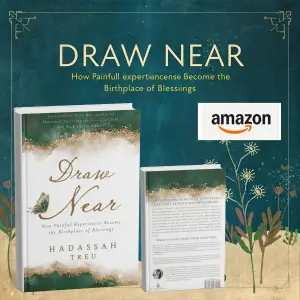Reflecting on Innocence and Friendship: A Review of The Boy in the Striped Pajamas
What caught my attention about The Boy in the Striped Pajamas by John Boyne was not merely its chilling backdrop—the Holocaust—but rather the delicate and innocent lens through which it unfolds. Here’s a story that dares to confront one of history’s darkest periods while being narrated through the eyes of a nine-year-old boy, Bruno. This unique perspective captivated me and initiated an exploration of friendship, innocence, and the profound effects of war.
Bruno’s world is one of childhood curiosity tinged with naïveté. When he discovers that he and his family must move from bustling Berlin to a desolate house near a mysterious fence, his innocent complaints about the lack of playmates echo the genuine confusion of a child thrust into adult predicaments. Bruno longs to explore and soon finds a friend named Shmuel, a boy on the other side of the fence. Their friendship—an innocent bond amidst vast horrors—offers a poignant reminder of love’s power to defy boundaries.
Boyne’s writing style is deceptively simple, echoing a child’s voice flawlessly. Sentences flow with an almost ethereal quality, capturing the purity of Bruno’s thoughts. Phrases like “his mouth made the shape of an O” illuminate how children perceive the world—naïve, unclouded by adult prejudices. The choice to have Bruno misunderstand critical terms and events, referring to the Führer as "The Fury," serves both as a strategy to highlight the innocent misunderstandings of a child and to amplify the contrasts between childhood and the grim realities unfolding around him.
As I journeyed through the pages, I found myself reflecting not only on the characters but on broader societal implications. The poignant moment when Bruno states he cannot comprehend the fence’s purpose feels especially significant. It emphasizes a reckless innocence that resonates with us as readers, highlighting the dangers that accompany blind obedience to authority. The recurring theme of how hate is learned, rather than innate, struck a chord within me—an essential message for both young and adult readers.
The emotional weight of the narrative culminates in a heartrending conclusion that leaves a lasting impact. I recall sitting in silence after finishing the book, grappling with the tragic irony of childhood innocence juxtaposed against the harrowing backdrop of the Holocaust. One can’t help but ponder the lessons Boyne intends to convey about empathy, human connection, and the consequences of hatred.
I wholeheartedly recommend The Boy in the Striped Pajamas not only for its historical significance but also for its profound emotional truths. It is a story for anyone—be they young or old—who seeks to understand the depths of friendship and the blind spots of human nature. This book resonates as a modern fable, urging us to look through the eyes of the innocent and remember that compassion remains an ever-important antidote to the cruelty of our world.
For those who enjoy stories that spark conversation about morality, history, and the complexity of human emotions, this book is a must-read. It’s an experience that lingers long past the final pages, echoing the sentiments that we are, indeed, all more alike than different, despite what may lie between us.
You can find The Boy in the Striped Pajamas here >>







